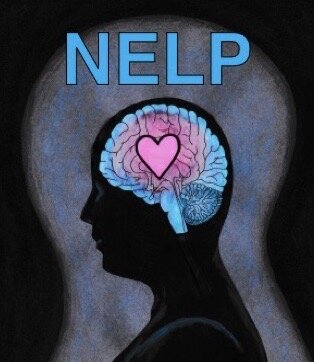What is the Neuro Emotional Literacy Program?
Rationale
Research in neuroscience and neuropsychology reveals that promoting and teaching emotional literacy improves both emotional and physical well-being. Research indicates that improving knowledge and practice of positive affect a) enhances mental well-being, b) improves interpersonal relationships, c) positively affects both work and academic performance, d) reduces the recovery time of both emotional and physical trauma, and e) reduces addictive behaviour. Children who have caregivers (i.e. parents, daycare workers, teachers) who have knowledge about emotional literacy and who practice and model effective emotion regulation strategies: are more empathetic and less likely to bully, are better able to cope with stress, and experience higher degrees of emotional and physical well-being. With this in mind, teaching parents about emotional literacy and giving them the knowledge, tools, and practice to improve their emotion regulation strategies will improve not only their own emotional and physical health, but also that of their children.
DefiniTION
Emotional literacy is defined by educational neuroscience to be the ability of an individual to a) understand the neuroscience and neuropsychology of emotion and its brain/body functions and concomitant behaviours b) recognize and analyze emotional triggers, c) recognize physical signs and behaviours that homeostasis is negatively affected, d) identify and develop an awareness of emotion regulation strategies, e) learn and practice alternate emotion regulation strategies, f) effectively utilize a range of emotion regulation strategies, and g) model this improved affective behavior for the benefit of others.
Abstract
Although research on Emotion Regulation (ER) is developing at a rapid rate, much of it lacks a clear theoretical framework and most focuses on a narrow set of ER strategies. This work presents the details of a pilot project, the Neuro Emotional Literacy Program (NELP), designed for parents and based on the Somatic Appraisal Model of Affect (SAMA). This 6-week parent program used two self-report questionnaires, the Positive Negative Affect Schedule Short-Form (PANAS-SF) and the newly created Personal Affect Regulation Capacity Inventory (PARCI) to collect pre- and post-workshop data. Pilot project data analysis indicates that parents’ knowledge of the function and actuation of brain-body affect and expansion of their practice to include several ER strategies helps improve emotion management and promotes positive affect, as measured by PANAS-SF and PARCI.

